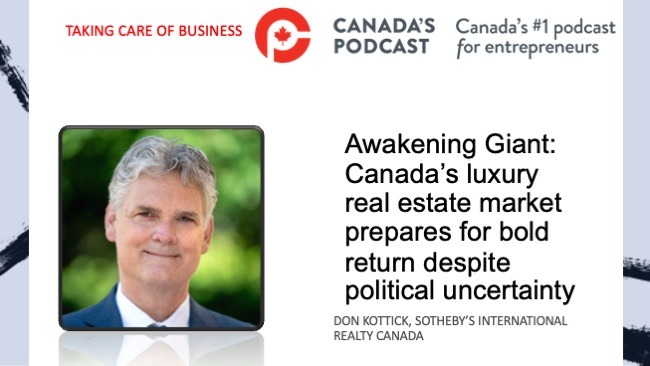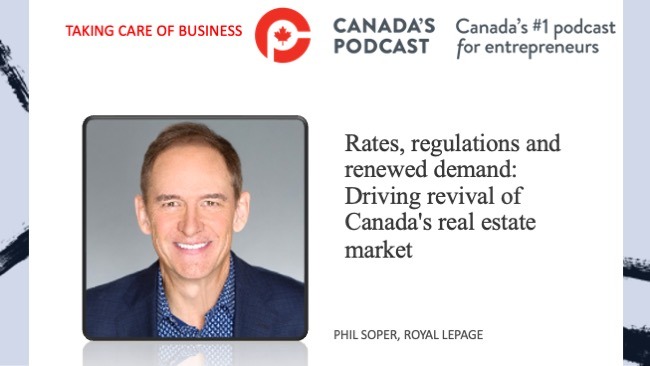Household credit market debt as a proportion of household disposable income in Canada increased to 184.5 per cent in the first quarter of 2023 from 181.7 per cent in the fourth quarter of 2022. In other words, there was $1.85 in credit market debt for every dollar of household disposable income in the first quarter of 2023. The decline in households’ disposable income was a key factor in the rise of this ratio as households had less income in relation to still rising credit market debt,” according to a report released by Statistics Canada.

Andrea Piacquadio
“Mortgage interest payments expanded 12.6 per cent from the fourth quarter of 2022 to the first quarter of 2023, continuing a dramatic rise that began in the second quarter of 2022. Mortgage interest payments were 69.7 per cent higher in the first quarter of 2023 compared with the first quarter of 2022 as a result of ongoing rate hikes. Meanwhile, obligated payments of principal declined 6.8 per cent in the first quarter of 2023, as the significant stock of variable rate mortgages likely allowed interest payments to further adjust without a concomitant rise in principal. However, the capacity of fixed payment variable rate mortgages, which accounted for just under one-quarter of all outstanding chartered bank mortgages in the first quarter, to act as a sponge for rising interest costs is likely nearing its peak as borrowers with these products reach their trigger rates. Alongside increases in interest rates, the share of mortgages with an amortization period longer than 25 years has risen sharply and made up 48.2 per cent of all new mortgages in the first quarter of 2023.”

Maria Solovieva
Maria Solovieva, Economist with TD Economics, said the debt service ratio edged higher and debt repayment slowed.
“Looking ahead, debt servicing costs are expected to continue to rise rapidly over the course of this year and peak in the second half of 2024, as interest rates are now expected to rise and remain elevated for longer. This will create additional headwinds for households with a high sensitivity to interest rates (such as variable rate mortgage holders) and could result in higher delinquency rates in the future. According to Equifax Canada’s Q1 2023 consumer credit report, some mortgage holders already started to miss payments on non-mortgage products. This is a relatively new trend as in 2022 delinquencies were more pronounced among consumers without mortgages. The Bank of Canada will need to maintain a close watch on household credit performance as higher interest rates continue to weigh on Canadian households this year,” she said.

Mario Toneguzzi
(Mario Toneguzzi is Managing Editor of Canada’s Podcast. He has more than 40 years of experience as a daily newspaper writer, columnist, and editor. He worked for 35 years at the Calgary Herald, covering sports, crime, politics, health, faith, city and breaking news, and business. He works as well as a freelance writer for several national publications and as a consultant in communications and media relations/training. Mario was named in 2021 as one of the Top 10 Business Journalists in the World by PR News – the only Canadian to make the list)
About Us
Canada’s Podcast is the number one podcast in Canada for entrepreneurs and business owners. Established in 2016, the podcast network has interviewed over 600 Canadian entrepreneurs from coast-to-coast.
With hosts in each province, entrepreneurs have a local and national format to tell their stories, talk about their journey and provide inspiration for anyone starting their entrepreneurial journey and well- established founders.
The commitment to a grass roots approach has built a loyal audience with over 120,000 downloads and thousands of subscribers on all our social channels and YouTube. Canada’s Podcast is proud to provide a local, national and international presence for Canadian entrepreneurs to build their brand and tell their story.





